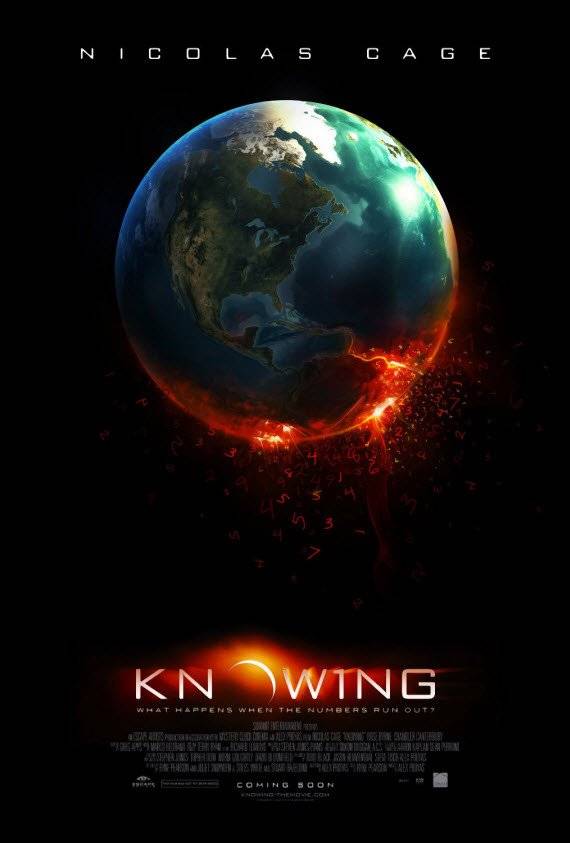First Publication Date: 3rd December 2009
Global Findability has filed a patent infringement suit in a District Court of Columbia against Summit Entertainment claiming that the Science Fiction movie of Summit violates its US patent relating to Integrated information processing system for geospatial media. According to Global Findability, Summit’s use of its patented technology in the movie, Knowing, amounts to patent infringement. Would such an use be infringement in India?
Section 48 of the Indian Patents Act provides that a patent holder will have the exclusive right to make, use, sell, offer for sale and import a patented invention into India. If a patented invention is used in a movie, it would amount to patent infringement if such a use has not been permitted by the patent holder. However, if the patented invention has been legally purchased and used thereafter, the use would not amount to infringement because the rights of the patent holder with respect to the invention will be exhausted.
For example, if ‘X’ holds a patent over a car that can run on land, water and air and if ‘Y’ uses the car in his movie without X’s permission, Y can be liable for patent infringement. However, if Y purchases the car from a person authorized by X, Y would not be liable for patent infringement because X’s rights on the car would be exhausted as a result of the sale. Furthermore, if Y does not use the car but merely shows the functionality of the car claimed by the patent holder on the screen through special effects, such a display would not amount to patent infringement. The liability will be dependant on actual use of the car rather than mere display of the functionality of the car on the screen.
For Y to be liable for actual use of the car, the car used by Y must fall within the scope of atleast one of X’s patent claims. Furthermore, such an use will give rise to liability only if the use is within the territory of India. If Y uses the patented car in Sri Lanka where X does not hold a patent and shoots the movie there, Y would not be liable for infringement as the use is not in India.
Source/Attribution here. (Governed by Creative Commons License CC BY – SA 2.0)



